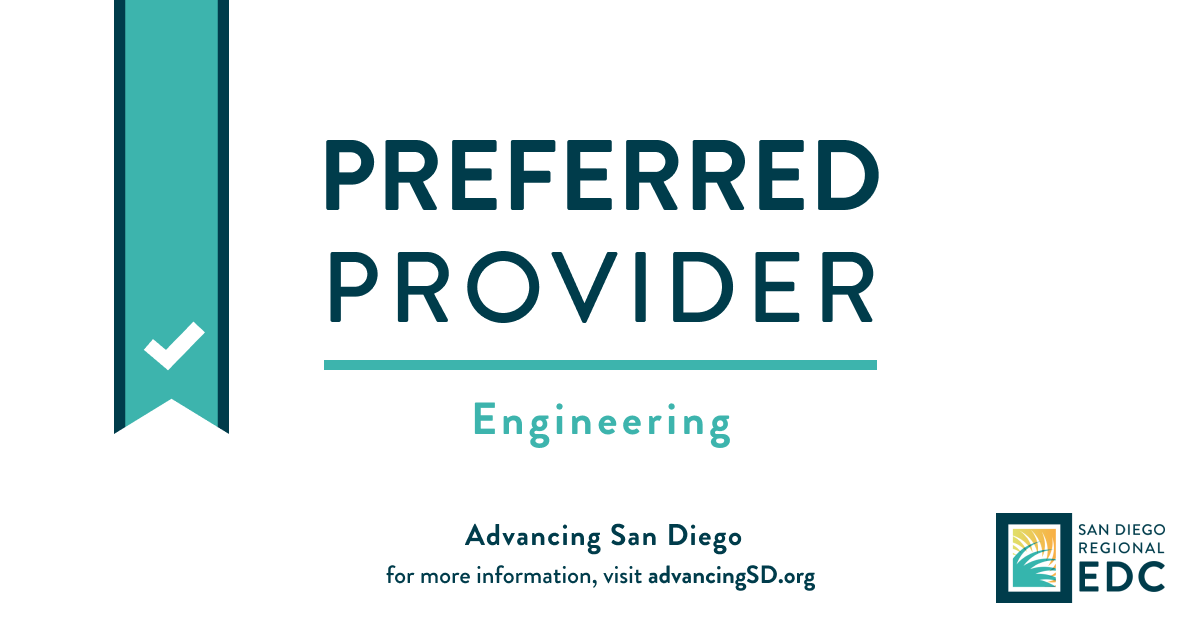
About the Embedded Systems Engineering Program
Unlock Your Future with an Embedded Systems Engineering Certificate
From smart devices and wearables to autonomous vehicles and robotics, embedded systems are at the heart of today’s technological revolution. Whether you're interested in developing intelligent sensors, advanced robotics, or next-gen automotive systems, the Embedded Systems Engineering Certificate Program is your gateway to mastering the critical skills required for success in this fast-paced, high-demand field.
This hands-on, industry-focused program equips you with in-depth knowledge and practical expertise to design, program, and integrate embedded systems that power the technologies of tomorrow. You'll gain the confidence to create real-time embedded solutions that meet the challenges of modern applications, from high-performance sensors to complex control systems.
What You'll Learn: The curriculum is designed to provide you with a comprehensive understanding of embedded systems, covering key topics like:
-
Real-time Embedded Systems Design: Learn the principles and strategies for designing time-critical systems.
-
Microcontroller Programming: Master the skills needed to program microcontrollers and integrate them into your designs.
-
Hardware/Software Integration: Gain expertise in combining hardware and software to create seamless embedded solutions.
-
Real-time Operating Systems (RTOS): Dive into the functionality and advantages of real-time operating systems for mission-critical applications.
You will apply these concepts in practical applications, hands-on projects, and real-world problem-solving scenarios, guided by instructors who are experts in the field and passionate about teaching.
Tailor Your Learning Experience With a variety of electives to choose from, this program allows you to customize your coursework based on your career ambitions, technical interests, and the specific skills you need to succeed in embedded systems engineering.
Who Should Enroll? This program is perfect for:
-
Engineers and Technical Professionals: Transition into embedded systems from other engineering disciplines.
-
Developers: Enhance your low-level programming and hardware integration skills.
-
Tech Enthusiasts: Anyone eager to dive deep into the dynamic world of embedded systems technology.
Why Choose This Program?
-
Practical, Real-World Skills: Gain the technical expertise you need to build embedded systems that power real-time applications.
-
Learn from Industry Experts: Our instructors bring years of professional experience, ensuring you gain valuable, market-ready knowledge.
-
100% Online Format: Study on your schedule, from anywhere in the world, without disrupting your work or life commitments.
-
High-Demand Field: Embedded systems are an integral part of industries such as IoT, robotics, automotive, healthcare, and more—this program helps you stay ahead of the curve in a rapidly evolving industry.
Whether you’re looking to take your career to the next level or break into the embedded systems engineering field, this certificate program provides the hands-on learning and industry-driven curriculum you need to succeed. Start your journey today and gain the skills that employers are looking for in this cutting-edge technology sector!
Program Benefits
- Program can be completed entirely online
- Online courses provide flexibility for busy schedules
- Curriculum taught in accordance with industry standards
- Practicing instructors who bring industry relevance to students
- New curriculum featuring current case studies
Demand and Job Prospects
- 5 year growth rate for San Diego MSA for Embedded Systems Engineering is 23.0% (5,254 job increase 2020-2024)
- 5 year growth rate as a national average for Embedded Systems Engineering is 26.6% (4,385 job increase 2020-2024)
- Projections for 2025-2026 are showing a growth rate of 1.6% in San Diego (3.1% nationally) compared to 1.8% in 2024-2025 in San Diego (3.7% nationally)
- Top companies hiring individuals with Embedded Systems Engineering related skills in the past year in San Diego include Apple, Qualcomm, Accenture, Leidos, Amazon, General Atomics, Insight Global, Deloitte, Northrop Grumman, and ServiceNow (2024-2025)
- Top companies hiring individuals with Embedded Systems Engineering related skills in the past year nationwide include Amazon, Accenture, Deloitte, Insight Global, Randstad, Motion Recruitment, Ford, JPMorgan Chase, Cognizant Technology Solutions, and Kforce (2024-2025)
Embedded Systems Engineering
PREREQUISITES
If you have prerequisite knowledge you may enroll in required courses, no waiver is needed.
REQUIRED COURSES
All four (4) requried. Twelve (12) units required. Courses must be taken in the order listed.
ELECTIVE COURSES
Select any of two (2) courses - Six (6) units required.
Other Courses of Interest
EDC Preferred Provider
The San Diego Regional EDC's Advancing San Diego program is designed to address talent shortages in STEM positions. Students of our program will be eligible for fully-funded internships at San Diego small companies. Learn more about the program by visiting AdvancingSD.com.

Conditions for Admission
A minimum of a BSEE or BSCE or equivalent knowledge and work experience is required for entry into this program. The prerequisite courses are designed to provide students with the basic foundational knowledge in C programming and embedded systems if needed. UC San Diego Division of Extended Studies programs are designed to best serve college-prepared working professionals. Although programs are open to all adult learners, where program capacity is limited, applicants with this profile will receive preference for admission.

Visit The Virtual Career Hub Today To Unlock Your Benefits!
FAQs
To get more detail on what they have to offer, we encourage you to visit our Leadership and Management Essentials webpage.